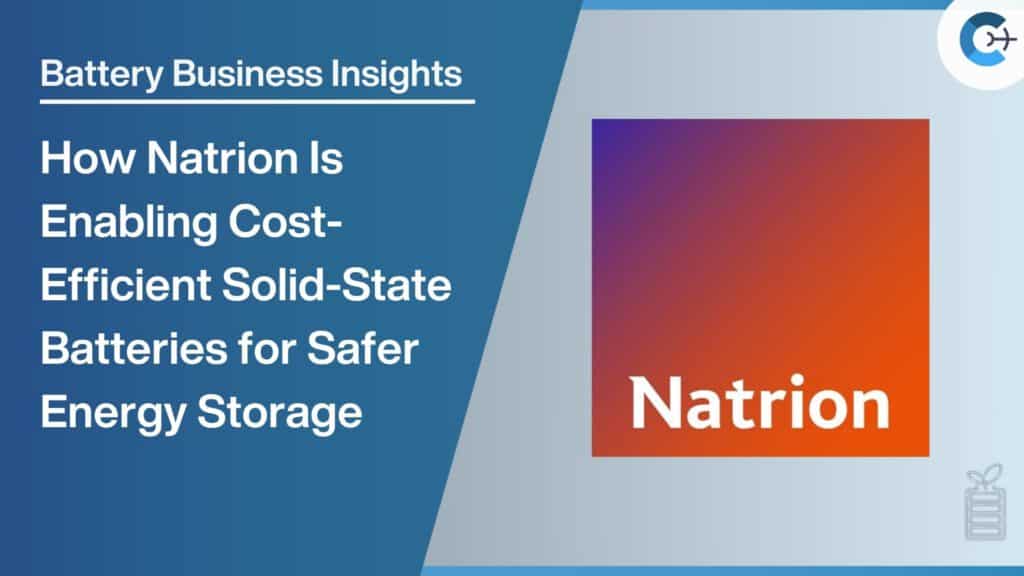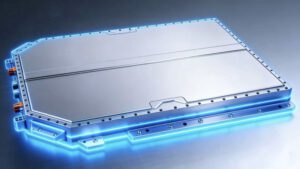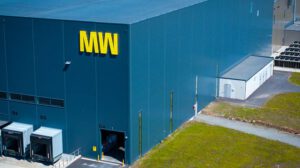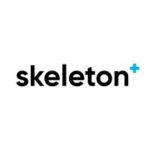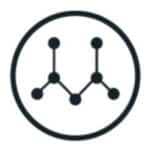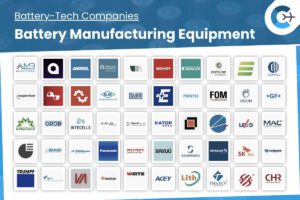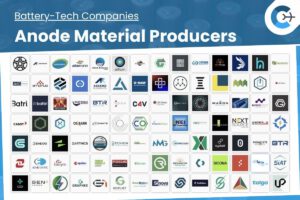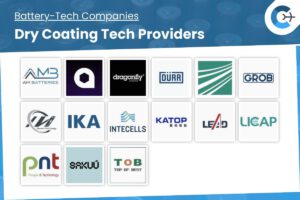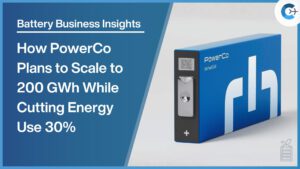Founded in 2018 by Alex Kosyakov and Thomas Rouffiac, Natrion has established itself as a U.S.-based leader in next-generation battery materials. Based in Binghamton, New York, with operations in Champaign, Illinois, the startup develops solid-state electrolytes and lithium-metal technologies designed to improve performance, safety, and scalability for electric vehicles, defense systems, and energy storage applications.
Natrion’s work is centered on its Lithium Solid Ionic Composite (LISIC), a flexible ceramic-polymer electrolyte membrane intended as a drop-in replacement for conventional lithium-ion battery separators. Their innovations revolve around advanced materials that enhance the performance of lithium-metal and solid-state batteries while maintaining compatibility with existing manufacturing processes.
By addressing battery component compatibility, reducing thermal runaway risks, and lowering costs, Natrion seeks to promote wider adoption of solid-state battery technology across several industries.

The Evolution of Natrion’s Technology
Initially focused on sodium-ion battery (Na-ion battery) research, Natrion shifted its focus to lithium-based solutions after identifying a demand for improvements compatible with existing lithium-ion infrastructure. Alex Kosyakov, Co-founder & CEO, explained:
“Battery OEMs kept asking if we could create a lithium version of our solid-state electrolyte. That led to LISIC—a solution that allows manufacturers to retrofit existing production lines without costly redesigns.”
LISIC replaces flammable liquid electrolytes in the separator layer with a solid composite membrane. This design reduces electrode crosstalk—a cause of lithium inventory loss—and prevents thermal runaway while preserving the mechanical flexibility needed for standard roll-to-roll manufacturing.
Performance and Cost Advantages
Natrion’s flagship product, the Lithium Solid Ionic Composite (LISIC), is a ceramic-polymer composite electrolyte. It combines the benefits of ceramics and polymers to create a flexible, liquid-free membrane that supports roll-to-roll manufacturing.
Natrion’s battery technology offers several measurable benefits:
- Energy Density: Up to 50% higher than conventional lithium-ion batteries, with LISIC-based lithium-metal cells surpassing 450 Wh/kg.
- Charging Speed: Full charges achieved in 12–15 minutes under optimized thermal conditions.
- Temperature Resilience: Stable performance between -50°C (-58°F) and 250°C (482°F), which is critical for defense and aerospace applications.
- Cost Efficiency: LISIC performs at a cost comparable to or lower than traditional separators, avoiding retooling fees associated with other solid-state solutions.
The company’s X-12 Lithium-Metal Anode and M3 Non-Flammable Wetting Agent further enhance performance and safety. X-12 decreases anode production costs by 30% and operates without external pressure, while M3 contributes to the stability of the solid electrolyte interphase (SEI) during cycling.
Defense and Automotive Applications
U.S. Department of Defense contracts illustrate the technology’s versatility:
- Military Radios: Batteries equipped with LISIC-powered lithium-metal cells maintained consistent performance at -40°C, outperforming configurations dependent on liquid electrolytes.
- Air Force Applications: Heating cells to 60°C enabled rapid charging in 12 minutes without performance degradation, a significant benefit for mission-critical systems.
In the automotive sector, LISIC facilitates a smooth transition for original equipment manufacturers (OEMs). Kosyakov noted,
“Manufacturers can swap traditional separators for LISIC rolls on existing production lines. This avoids billion-dollar factory overhauls while increasing energy density by 10–15% immediately.”
Unlike alternatives requiring $60 million per GWh in retrofitting costs, LISIC slashes upfront investments. Recent analyses estimate Natrion’s technology could save North American gigafactories $2.5 billion collectively by preserving existing assembly methods.

Battery Manufacturing and Strategic Partnerships
Natrion is expanding production capacity through collaborations with academic institutions and industry experts:
- Binghamton Facility: A pilot production line in Binghamton generates 55,000 square meters of LISIC annually (24 MWh capacity), supported by research programs at Binghamton University.
- Champaign R&D Hub: Operations in Champaign work closely with the University of Illinois’ materials science laboratories to prototype cells and refine variants of LISIC.
The company has raised $2 million in seed funding, which includes support from Mark Cuban and grants from the U.S. Department of Defense. A new pilot line in Endicott, NY, can produce over 30,000 square meters of LISIC per year, with plans to expand to a facility with a production capacity of 400 MWh by 2025.
Building Industry Confidence Through Transparency
Media coverage in Forbes and TechCrunch reflects Natrion’s focus on data-driven, verifiable narratives.
“Proving feasibility beyond lab-scale tests is essential,” remarks Alex. By focusing on process economics and operational validation, Natrion distinguishes itself in a market cautious of unverified claims.
Looking ahead, the company plans to refine semi-solid cell architectures that combine the safety features of LISIC with the performance characteristics of liquid electrolytes in electrodes—an incremental yet impactful approach to mainstream solid-state battery acceptance.
In collaboration with Thermo Fisher Scientific, Julian Renpenning interviewed Alex Kosyakov, Co-founder & CEO of Natrion, to discuss the company’s technology and vision.
For more details, visit the original interview published by Thermo Fisher Scientific: Website • Downloadable PDF Link

